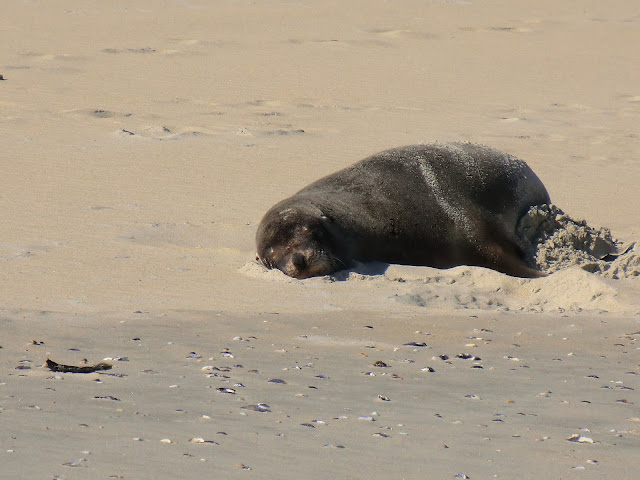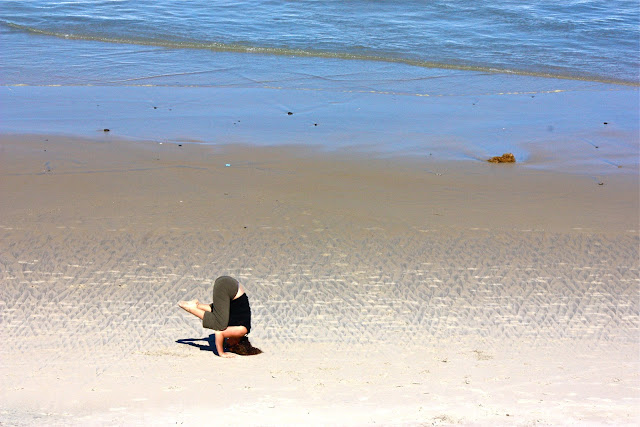WARNING: the word to picture ratio of
this post leans heavily in the words direction....also this post is
rated PG-13 due to some necessary word choices.
“
Number 8 wire,” Jono said to me
(Jono is Tori's kiwi friend-boy or something, more on him later).
“Well, I guess that wouldn't mean anything to you,” he added. I had asked him to describe a unifying aspect of the kiwi character.
He went on to explain that number 8
wire used to be used to fix fence posts or tractors or anything else
really—like how we ski racers like to use duct tape—and was a
sort of hallmark of a kiwi do-it-yourselfer, the hardy bloke, the
lifeblood of New Zealand...yada yada.
On
the bus drive from Christchurch to Dunedin back in September I was
struck, I mean really struck,
almost to disappointment, by how similar my surroundings looked to
home. Not home home,
like Traverse City home, but like the drive from Winter Park, CO to
Montrose or Craig or even the drive from Traverse City to Ann Arbor
if you avoid the highways. There were lots of farms, not the quaint
agrarian fantasy farms one encounters in Switzerland, Austria, and
Italy, but mucky farms just like the ones from home: horses, cows,
sheep, mud, tractors, barbed wire.
What I had failed to realize before coming here is that New Zealand is, for the most part a nation of farmers. Despite the small land area, there are just over 4 million inhabitants to spread around the whole of both islands—that's like taking the population of Los Angeles, and spreading it out over an area the size of over half of the U.S. eastern seaboard.
So, as
you can see, there is a lot more land to go around than you might
initially anticipate when looking at the little smudge on the map
next to Australia.
I had
been under the impression that the pull himself up by the
bootstraps, hardworking,
callused-handed farmer was extinct—wiped off the map by Monsanto, Earl Butz era “get big or get out” growing policies of the 1970s, and
corporate agriculture, just as the dinos were ended by the asteroid.
As it turns out, there is a place hidden away in the south pacific
where these guys live on, not just on the labels of my butter or
milk, but on grassy hillsides. Their cows and sheep eat grass—that
is worth repeating GRASS, not
bastardized genetically modified corn-product—
they sell their meats and dairies at the farmer's market on Saturdays
and to various grocers around NZed, and they remain profitable. In
fact, New Zealand farmers lead the world in dairy exports, selling
over 95% of their dairy products overseas.
I
digress—number 8 wire—ever seen horses that look like this.
 Or a
cow thing that looks like
this (I saw this guy on the side of the road).
Or a
cow thing that looks like
this (I saw this guy on the side of the road).
These are the animal equivalents of human kiwis. What
I'm trying to get at here is that these people are rugged. The
winters here are cold, not the kind of cold we are used to in the
U.S., brrrr snow outside>>>warm cozy inside. Here
on the south island, once winter starts you are cold—cold, wet, and
windblown. You will not stop being cold for the next six months, save
for your morning showers. It isn't that the kiwis couldn't have
central heat if they wanted it, it just isn't something that
culturally they have decided they need. They are tough and self
sufficient and proud of it.
I
briefly mentioned in an earlier post that I sat next to a direct
entry midwife
on the plane. She told me that when she worked at home births out in
the rural areas of New Zealand, families were much more tolerant of
complications relating to birth. Life is hard, shit happens,
sometimes sheep have trouble lambing, sometimes mamas have trouble
baby-ing. Your gut reaction may be “How could families tolerate
problems relating to birth!?!?! What terrible parents! Why wouldn't
they go to the city to have every resource at their disposal?!?!”
Well,
not unlike much of the rest of the rural world, transportation to the
city is very difficult. The roads are two way, windy, and often
mountainous. Secondly, as much as physicians, midwives, doulas,
mamas, papas would like to think they can control birth outcomes,
much remains that is simply outside of anyone's control. There is
something admirably zen about that attitude.
Jono also explained to me that this hardiness carries over into the kiwi psyche. According to him, they are not a particularly sentimental group. Emotions are a sign of weakness, especially in men--similar to our cowboys other other manly men. If feeling troubled one should simply "take a tough pill" as he put it and "get over it." I certainly do not want to draw lines of causation where none exist, but kiwi youth (15-24) have the second highest rate of suicide in the world (behind Finland for boys and Japan for girls).
Jono actually serves as a pretty solid case study of the kiwi bloke icon. He is hard working; he collects dust at a mine in 12 hour shifts, working through the night half of the time. He is also highly skilled in kiwi sarcasm, which is much more cutting and difficult to decipher than other nations' sarcasms. Ask any international student in our complex about a unifying characteristic of the kiwis they've encountered, and they will tell you the sarcasm. He is also very chill. I'm having a hard time getting used to the anything goes, kind of laissez-faire like you ain't nevah seen it way of going. I'm sure I will get used to it though, and my bitten nails will thank me for it when that day comes.
I don't really know how to conclude this post, but I think you get the gist:
- Kiwis = hardy, self sufficient cowboys
I may, if I'm feeling brave, dedicate the next post to a feminist analysis of kiwi women's sexual liberation and the record breaking incidence of sexual infections in the greater Dunedin area.



 Salute the sea.
Salute the sea.







 Brother Matty is is a perpetual state of stoked. Between the sun, surf, and scenery this bro's stoke-o-meter has been off the charts for months now.
Brother Matty is is a perpetual state of stoked. Between the sun, surf, and scenery this bro's stoke-o-meter has been off the charts for months now.
































